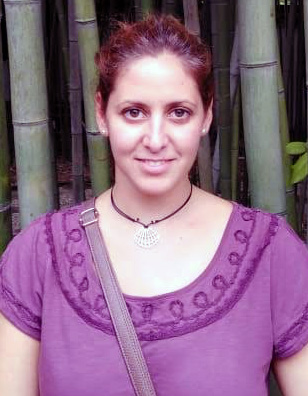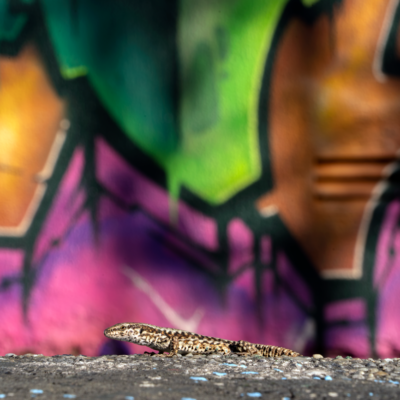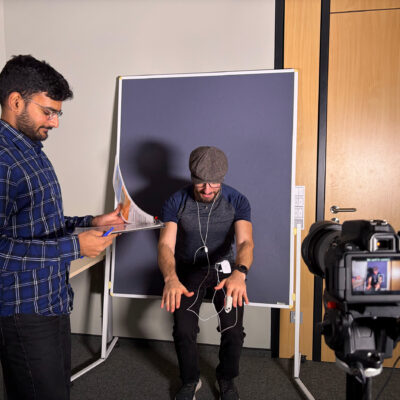Philosophy can engage with and fruitfully contribute to the life sciences, in particular to biology and medicine. Philosophical methods can be used to address scientific questions, clarify concepts, reveal the merits and limitations of scientific methods, and develop new hypotheses that can be empirically tested. This research program has been framed as “Philosophy in Biology and Medicine” (PhilInBioMed). The workshop “Philosophical Engagement with Biology and Medicine”, which is taking place at ZiF, brings together philosophers, biologists and medical scientists to foster and deepen the engagement of philosophy with biology and medicine. Philosopher of science Alkistis Elliott-Graves from Bielefeld University, one of the conveners of the workshop, answered our three questions on this interdisciplinary endeavor.
Philosophers are used to reflect on science and scientific thinking, but can they also contribute to the research process in biology or medicine?
Alkistis Elliott-Graves: Traditionally, philosophy of science tends to engage with scientific thinking and practice by providing insights into existing scientific issues or debates. However, the PhilinBioMed approach is to practice philosophy in science, that is, the production of new knowledge through collaboration between philosophers and scientists. In other words, our aim is to generate new scientific knowledge with inputs from philosophy and new philosophical knowledge with inputs from science. For example, in our team in a DFG funded Collaborative Research Center, we have pioneered the so-called ‘concept cloud’ which is a forum where biologists and philosophers discuss thorny concepts in biology and come to some conclusions. There is a paper on the individualised niche coming out, which is one fruit of these labours. At the same time, we are using qualitative methods from sociology, like questionnaires & semi-structured interviews, to get a better understanding of how these biologists think about individual variation and individualisation in their research.

© Yiannis Kokosalakis
What is the biggest challenge in the collaboration of scientists and philosophers?
Alkistis Elliott-Graves: In my experience, the main issue is that scientists and philosophers often have different goals. On the practical level, everyday scientific and philosophical practice works quite differently, e.g. how data is collected and interpreted, how papers are written and published etc. It is difficult to understand the peculiarities and challenges of these practices if one has not experienced them. This can lead to misunderstandings. It can be particularly difficult at a deeper level, while some scientists and philosophers are open to interdisciplinary collaboration, others are not convinced that it will be useful to their own research, so they are sometimes resistant to pursuing interdisciplinary research. For example, they might provide negative reviews of interdisciplinary work in journals or grant applications. This is particularly problematic for early career researchers who actively practice interdisciplinary work and whose CVs often look different, e.g. because they publish in different journals/attend different workshops etc.
What is your goal with this workshop?
Alkistis Elliott-Graves: In general, our goal is to provide a forum and network for projects and people to present and discuss the possibilities of collaborative and constructive philosophy of science and medicine. More specifically, our goals are to: i) bring together scientists and philosophers in the same place to stimulate discussions, ii) to showcase successful instances of fruitful collaboration and iii) to develop the PhilInBioMed approach further, by generating new ideas and scrutinizing old ones, with the aim of exploring diverse forms of engaging with scientific practice and making philosophy more relevant to scientific practice.




